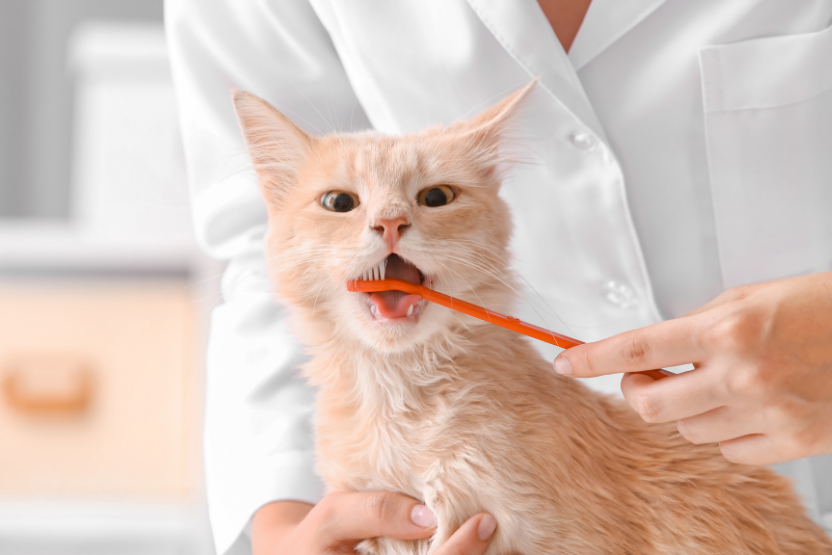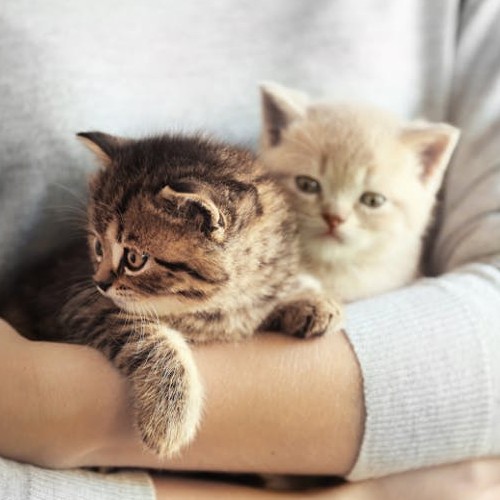Discover 10 essential cat care tips to keep your feline friend healthy and happy. Expert cat owner guide for nutrition, grooming, behavior, and safety.
Introduction
Bringing a cat into your home is a rewarding experience, but it also comes with its share of responsibilities. Many cat owners struggle with understanding how to care for their feline friends properly. Whether you are a first-time cat parent or have had cats for years, knowing the best cat care tips is essential to ensure your pet’s health, happiness, and longevity.
This article is your ultimate cat owner guide, packed with actionable advice on how to care for cats effectively. From feeding and grooming to behavior and safety, these cat health tips and cat grooming advice will help you become the best caretaker your cat could wish for. By following these best practices, you’ll ensure your kitty thrives in a safe, clean, and loving environment.

Good cat nutrition advice means feeding high-quality protein-rich food, providing fresh water, and avoiding harmful human foods. A balanced diet tailored to your cat’s needs keeps them healthy and active.
Caring for cats involves meeting their basic needs like nutritious food, clean water, regular grooming, and a safe environment. Providing mental stimulation, routine vet visits, and lots of love ensures your cat stays happy and healthy.
1. Provide Balanced Nutrition with Quality Cat Food
Why Nutrition Matters for Cats
One of the most important pillars of cat care is proper nutrition. Cats are obligate carnivores, meaning they require meat-based nutrients to stay healthy. Feeding your cat a balanced diet tailored to their age, activity level, and health status ensures they get the right vitamins, minerals, and proteins.
Cat Feeding Tips
- Choose high-quality commercial cat food that meets AAFCO (Association of American Feed Control Officials) standards.
- Opt for wet food to increase hydration or a mix of wet and dry food for dental health.
- Avoid feeding your cat human food, especially toxic items like onions, garlic, chocolate, and caffeine.
- Monitor portion sizes to prevent obesity.
Real-World Example
Emma, a cat owner from Texas, switched her cat’s diet from generic kibble to a premium brand rich in taurine and omega fatty acids. Within months, her cat’s coat became shinier, and energy levels increased dramatically.
2. Maintain Regular Grooming and Hygiene
Importance of Cat Grooming Advice
Cats groom themselves, but they still need help to maintain proper hygiene, especially long-haired breeds. Regular grooming prevents hairballs, reduces shedding, and keeps skin healthy.
Cat Grooming Tips
- Brush your cat’s fur at least twice a week.
- Trim nails every few weeks to avoid overgrowth and injury.
- Clean ears regularly to prevent infections.
- Bathe cats only when necessary with cat-specific shampoos.
Indoor Cat Care Tip
Keep a dedicated grooming area and use treats to make grooming a positive experience for your cat.
3. Ensure a Safe and Stimulating Environment
Cat Safety Tips for a Happy Home
Cats are curious and active by nature, so creating a safe space is crucial. A stimulating environment reduces stress and prevents destructive behaviors.
How to Care for Cats Indoors
- Provide scratching posts and climbing trees.
- Use window perches for natural sunlight and outdoor views.
- Keep toxic plants and chemicals out of reach.
- Secure windows and balconies to prevent falls.
Case Study
A family in New York installed a custom-built catio (an enclosed outdoor space) that allowed their indoor cats to safely enjoy fresh air and sunshine, improving their mood and health.
4. Regular Veterinary Check-Ups and Vaccinations
Why Veterinary Care is Essential
Routine vet visits help detect health problems early. Vaccinations protect your cat from common diseases like feline leukemia and rabies.
Cat Wellness Guide
- Schedule annual wellness exams.
- Keep vaccinations up to date.
- Discuss flea, tick, and worm prevention.
- Spay or neuter your cat to prevent unwanted litters and certain diseases.
5. Understand and Manage Cat Behavior
Decoding Cat Behavior Tips
Cats communicate through body language, vocalizations, and actions. Understanding these signals strengthens your bond.
Tips to Manage Behavior
- Provide toys to satisfy hunting instincts.
- Avoid punishment; use positive reinforcement.
- Create routine feeding and play schedules.
- Address signs of stress or aggression promptly.
Behavioral Insights
A cat showing sudden aggression might be in pain or stressed. Consulting a vet or animal behaviorist can help address underlying issues.

6. Keep Your Cat Hydrated
Importance of Water for Cats
Cats often don’t drink enough water, which can lead to urinary tract issues.
Tips for Encouraging Hydration
- Provide fresh water daily.
- Use water fountains designed for cats.
- Include wet food in your cat’s diet.
- Add a splash of tuna juice or broth to entice drinking.
7. Provide Enrichment and Mental Stimulation
Why Enrichment is Vital
Bored cats can develop destructive behaviors or obesity. Mental stimulation keeps them active and happy.
Enrichment Ideas
- Interactive toys and puzzle feeders.
- Scheduled playtime sessions.
- Rotate toys to maintain interest.
- Training tricks or agility courses.
8. Manage Litter Box Hygiene Properly
Cat Hygiene Tips for Litter Boxes
A clean litter box is crucial for your cat’s health and comfort.
Best Practices
- Scoop daily and change litter weekly.
- Use clumping litter to ease cleaning.
- Provide one litter box per cat plus one extra.
- Place litter boxes in quiet, accessible locations.
9. Understand Cat Aging and Senior Cat Care
Caring for Older Cats
Senior cats need special attention as they become prone to arthritis, dental issues, and kidney disease.
Senior Cat Care Tips
- Schedule more frequent vet visits.
- Adjust diet to suit aging needs.
- Provide soft bedding and easy access to food and litter.
- Monitor mobility and behavior changes.
10. Build a Loving and Trusting Relationship
The Heart of Cat Care
Above all, cats thrive on love, trust, and attention.
How to Strengthen Your Bond
- Spend quality time cuddling and playing.
- Speak softly and respect their space.
- Learn and respect their individual personality.
- Use treats and positive reinforcement generously.

Internal & Outbound Links Suggestions
- Link to trusted veterinary websites such as American Veterinary Medical Association (AVMA)
- Link to your site’s related articles on cat nutrition or behavior
- Link to product reviews on cat toys or grooming tools
- Reference AAFCO cat food nutrient profiles
FAQ Section
1. How Often Should I Feed My Cat?
Most adult cats do well with two meals a day — morning and evening. Kittens require more frequent feeding. Always provide fresh water alongside meals.
2. What Are the Signs of a Healthy Cat?
A healthy cat is alert, has clear eyes, a shiny coat, normal appetite, and regular bowel movements. Any sudden changes may require a vet visit.
3. Can Indoor Cats Get Enough Exercise?
Yes! Provide toys, climbing furniture, and daily play sessions to keep indoor cats active and prevent obesity.
4. How Can I Stop My Cat from Scratching Furniture?
Provide sturdy scratching posts near favorite spots. Reward your cat for using the posts and use deterrents like double-sided tape on furniture.
5. Is It Safe to Let My Cat Outside?
Outdoor cats face risks like traffic, predators, and diseases. Consider supervised outdoor time or a secure cat enclosure to keep them safe.
Conclusion
Caring for a cat goes beyond feeding and cleaning litter boxes. By following these 10 amazing cat care tips, you can provide a nurturing environment that supports your cat’s physical health, mental well-being, and happiness. Remember, being a responsible cat owner means continuous learning and adapting to your cat’s needs.
Ready to become the best cat parent? Start implementing these tips today, and share your experiences in the comments below! Don’t forget to subscribe to our newsletter for more expert cat owner essentials and best cat care practices.



